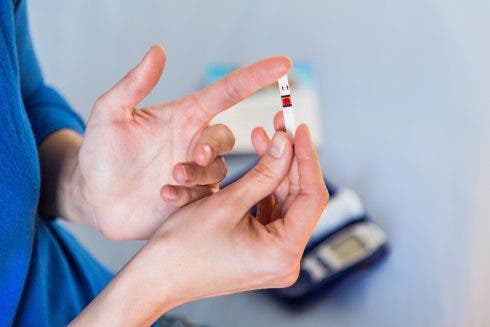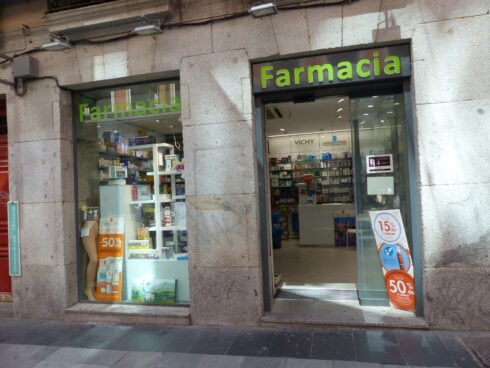SCIENTISTS in Spain believe olives may hold the key to treating diabetes and Alzheimer’s.
Specifically, it is the leaves of olive trees which could prove vital thanks to their very high levels of oleanolic acid.
It comes after a 2019 Prediabole Study found that consuming olive oil rich in oleanolic acid prevented the development of type 2 diabetes.
After three years of intake, patients were found to have a 45% lower chance of developing the condition than those who did not take the oil.


Experts at the FAT Institute in Sevilla, Andalucia, now want to test whether the oil can actually treat people who have already got diabetes.
The test subjects will be patients at the Virgen del Rocio hospital, also in Sevilla, with Dr Javier Sanchez Perona leading the research.
One of the obstacles has been the extortionate price of laboratory-made oleanolic acid, which comes in at €1.5million per kilo – 25 times more expensive than gold.
To overcome this, Dr Perona and his team developed and patented a simple method for creating highly pure oleanolic acid from olive leaves.
He told EFE: “So simple that even children can obtain it with homemade materials with an acceptable degree of purity.”
But what is oleanolic acid? The substance defends the olive tree from attacks by microorganisms and is found in the fruit, but more so in the leaf, where it can reach up to 3.5% in dry matter.
It has been estimated that 25% of the weight of an olive tree is due to its leaves, so an olive tree weighing one metric tonne could contain approximately 1kg of the compound.

Olive pomace oil, a variety especially rich in oleanolic, is little consumed in Spain, although the country is the world’s leading producer.
It is obtained as a byproduct when producing virgin oil, extracting the remaining oil with organic solvents, and then refining it, reports Andalucia Informacion.
This pomace oil is also hoped to prove an effective treatment of Alzheimer’s.
“What we propose is that the bioactive compounds in pomace oil could help prevent or slow it down,” added Dr Perona.
Once they have enough volunteers, the oil will be tested on patients at the Valme Hospital in Sevilla.
“If we can get the bioactive compounds from pomace oil to the brain, they could reduce inflammation, something supported by in vitro studies, which have been magnificent,” added Dr Perona, who is convinced that oleanolic acid can be used for many diseases.
“The olive tree nourishes us, but it also heals us; We can truly consider that it is giving us gold in every drop of oil that we extract from it.”
Click here to read more News from The Olive Press.








